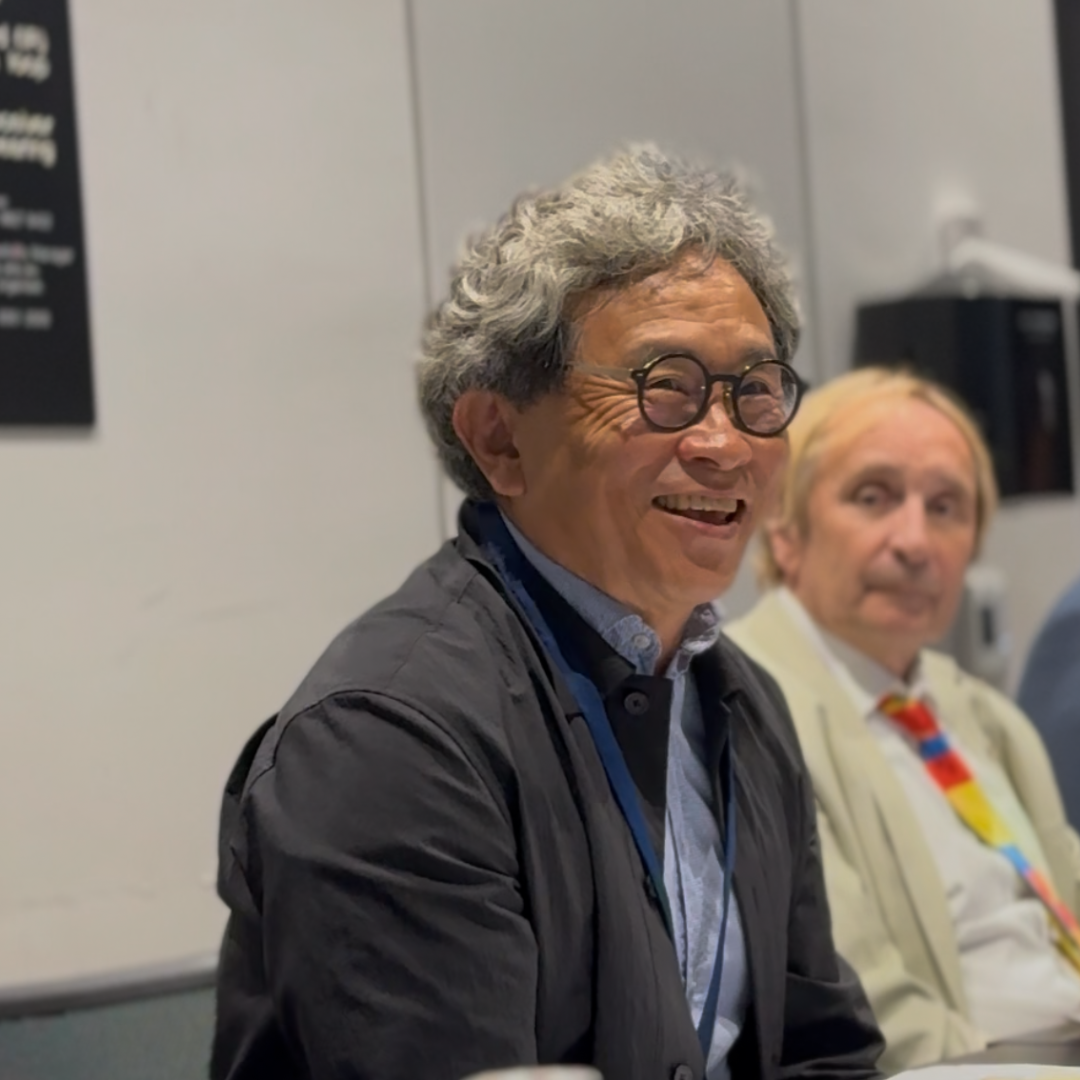When Soil Became Bread – The Korean War, Geophagy, and Soil Security
“Man shall not live on bread alone.”
But what happens when even bread disappears?
In June 1950, the Korean War tore through the land. Cities fell silent under bombardment. Villages emptied as families fled into the mountains, leaving behind homes, fields, and food.
One story I heard from an elderly man has stayed with me for decades.
In the frozen hills of Gangwon Province, a small group of church members hid from the fighting. Winter came early and hard. Potatoes and corn ran out. Day after day, children cried from hunger. There was nothing left to give.
As a last resort, the adults dug fine clay from the mountainside, washed it in water, and ate it—hoping the soil would fill their stomachs just enough to keep them alive.
This may sound unimaginable today, but it is part of a long human history. Geophagy—the eating of soil—has been practiced for thousands of years.
Geophagy – A Connectivity between Humans and Soil
Across the world, from ancient Greece to Africa, South America, and Asia, people have eaten soil:
-
-
- To quiet the pain of hunger when food was scarce
- To supplement minerals like iron or calcium
- To absorb toxins from poisonous plants
-
Clay offers little nutrition, and too much can harm the body. But in moments of desperation, it can bring comfort—or even a chance at survival.
During the Korean War, geophagy wasn’t tradition. It was the final option. A choice made when every other choice was gone.
Soil Security – The Lesson We Cannot Ignore
This story is more than a wartime memory. It reminds us of our most fundamental truth: without healthy soil, human life is impossible.
Today, we speak of Soil Security—protecting the ability of soil to produce food, filter water, support biodiversity, and sustain human well-being for generations to come.
When soil is degraded, we lose the foundation of life. In war, disaster, or climate crisis, food systems can collapse overnight. And then, just like those war refugees, people turn back to the soil.
Soil Security is not just about boosting crop yields. It is about protecting human dignity—and, in the worst of times, human survival.
Conclusion: Why This Matters Now
In today’s abundance, it’s easy to forget the value of soil. But only a generation ago, children in Korea put soil in their mouths as their last “bread”.
That memory should not be hidden in shame—it should be a wake-up call. It shows just how deep our dependence on soil runs.
The conversations we have about soil today are not about a distant future. They are about ensuring that, in times of crisis, no one has to choose between eating nothing or eating soil.
Everything we build, grow, and consume depends on the soil beneath our feet. If we wish to avoid a future where soil once again becomes bread, we must protect, restore, and respect it now.

by Jae E. Yang
Professor Emeritus at Kangwon National University Chuncheon, South Korea
